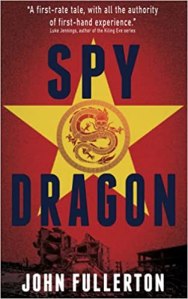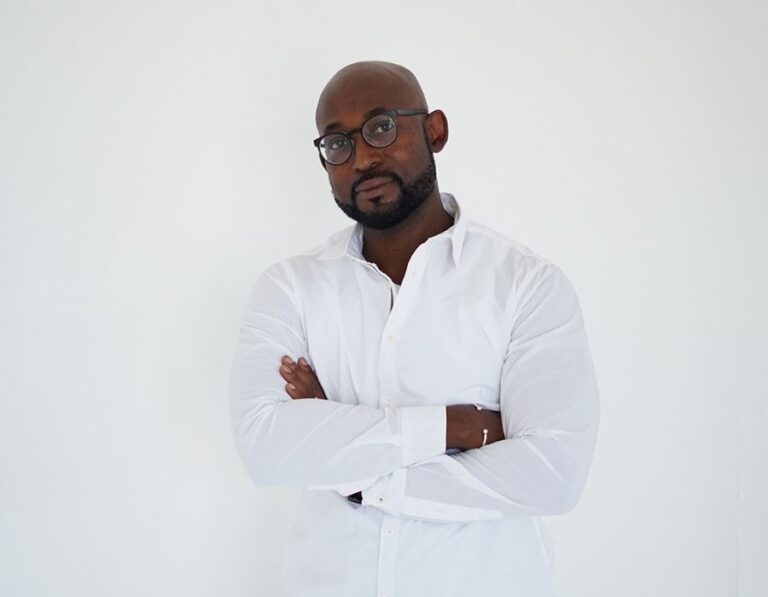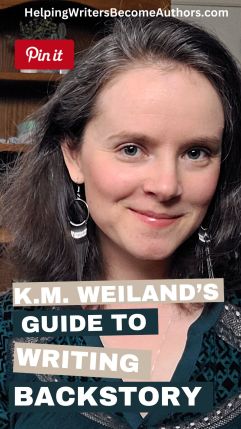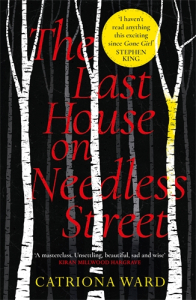In the first, ‘Spy Game’, he works a ‘contract labourer’ for British intelligence in Afghanistan and takes credit for an assassination he doesn’t actually commit.
The question: Why do you write?
Spy Dragon by John Fullerton was published by Burning Chair on 29 May 2021.
In ‘Spy Dragon’, Brodick graduates from the intelligence officers’ new entrance course at Gosport, and as a fully-qualified spy, he’s sent to war-torn Beirut. He’s trapped by an experienced Chinese intelligence officer who recruits him. Brodick pretends to his superiors back in London that he’s recruited her. They begin a tangled relationship, in bed and out of it. He finds himself in a lethal game of double and triple agents. The odd relationship develops further in the third of the series, ‘Spy Trap’, to be published next year.
6. If you could only read one book for the rest of your life which book would it be?
3. Are you a plan, plan, plan writer or do you sit down and see where the words take you?
Everything about it surprises and confounds me. For most UK authors, I suspect it’s been a steep, downhill slide to penury since the collapse of the cosy Net Book Agreement in the 1990s. It also amazes me how terribly bad some bestsellers are – and how some truly wonderful novels are so underestimated. It’s such a subjective business. To an outsider, it looks like poorly organised chaos. I have the feeling that while some books do really well on platforms such as Kindle, there are others, I imagine, that will only do well in bookshops and don’t make it online. But that’s just my own impression.
It’s the second in an espionage trilogy featuring a young spook, Richard Brodick.
Brodick finds himself in a new and dangerous game of double and triple agents, and double and triple crosses.
Can he trust anyone, even himself?
Why would I need to relax or get away from anything? Writing is fun, and relaxing. It’s a game, like any other. I do, however, miss the adrenalin ‘fix’ I used to enjoy as a correspondent when reporting in difficult and dangerous environments. The latter was a lot more physical, exciting and satisfying. And the pay was better.
John kindly answered a few of my questions.
7. I like to end my Q&As with the same question so here we go. During all the Q&As and interviews you’ve done what question have you not been asked that you wish had been asked – and what’s the answer?
About the Book
4. Is there anything about the publishing process that still surprises you?
The answer: I have absolutely no idea.
Despatched to Beirut at the height of the civil war, newly appointed British spy Richard Brodick becomes embroiled with a mysterious Chinese operative known only as Fang.
1. Tell us a little about Spy Dragon.

Every really fine new novel I read convinces me that it’s the best thing since sliced bread – until the next one comes along. I think Roberto Calasso’s novels are stunning. His ‘The Marriage of Cadmus and Harmony’ had me in its grip for weeks. I’m sure if I’d read it when young and impressionable – as opposed to old and cynical – I would have signed up at university to study classical Greek. Another novel that I found totally absorbing was Goliarda Sapienza’s extraordinary ‘The Art of Joy’. But if you insist that I really can have only one book, I suppose it would have to be Tolstoy’s ‘Anna Karenina’ which still has to be the finest novel ever written in any language if only because its characters hum with life.
I suppose my own, brief experience as a ‘contract labourer’ for the UK’s Secret Intelligence Service on the Afghan-Pakistan frontier in the 1980s. But specifically when it comes to ‘Spy Dragon’, I was interested in learning about the explosive growth and reorganisation around that time of the Communist Chinese foreign intelligence service, known as the Guoanbu. Previous generations of thriller writers have been – rightly – obsessed with the KGB and GRU, as well as the CIA – but the Gouanbu and its sister services, such as the United Work Front – are the new kids on the block and they are the ones to worry about. They’re well-paid, professional, aggressive, outnumber their Western rivals, and are not to be underestimated.
2. What inspired the book?
I don’t plan. I have an idea and fool around with it. Sometimes it doesn’t work out. I write for myself. So it’s a kind of play with the characters milling about in my head.
5. What do you do when you aren’t writing? What do you do to relax and get away from it all?






